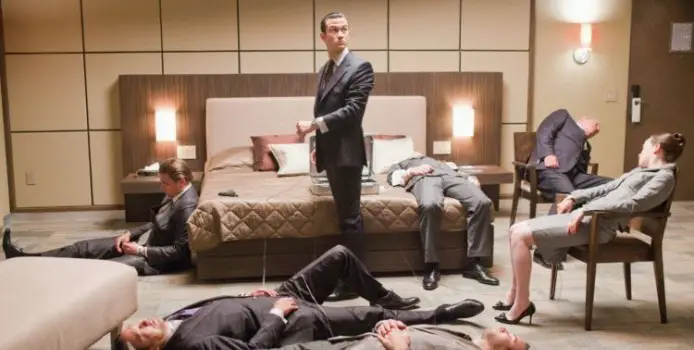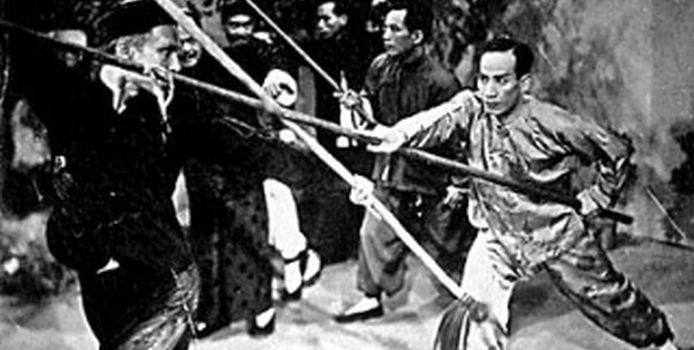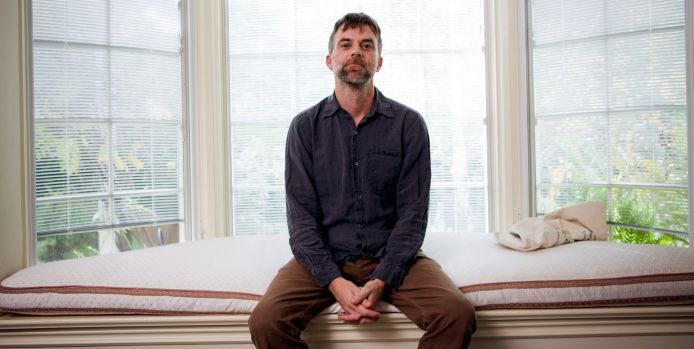filmmaking
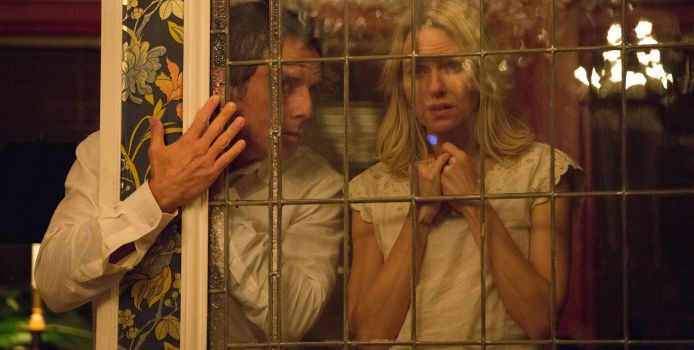
No matter how good their circumstances are, many young people wish they were born in a different time, in a different place, belonging to a different generation they believe they fit in with more. This is almost definitely due to the influence of pop-culture; the 80’s weren’t exactly the best time to live in, yet show a John Hughes movie to any impressionable teenager and they will almost definitely long to have lived in that time period. While We’re Young, the best film to date from director Noah Baumbach, takes a unique look at this theme in the space of one of the best movie montages in recent memory – whereas the young, hipster types long to live in an area of vinyls, VHS tapes and typewriters, the ageing are trying to stay relevant to today, filling their lives with useless technology in order to stay relevant in an ever changing society.
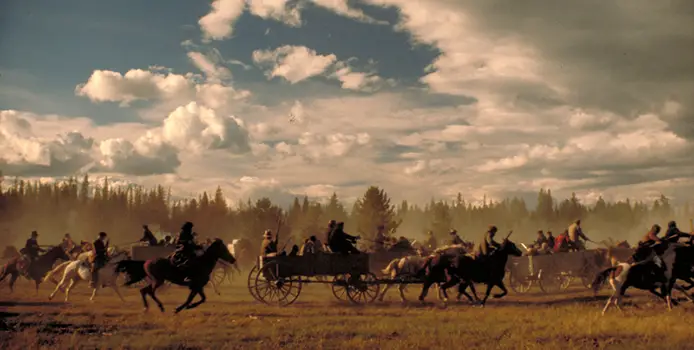
The New Hollywood – The End of an Era By the late 1970’s, the film industry had undergone a renaissance. The New Hollywood movement made it so the directors were the “auteurs” of their films, and artistic freedom reigned over modern movies. Unfortunately, all great things must come to an end, and the demise of The New Hollywood movement was on the horizon.
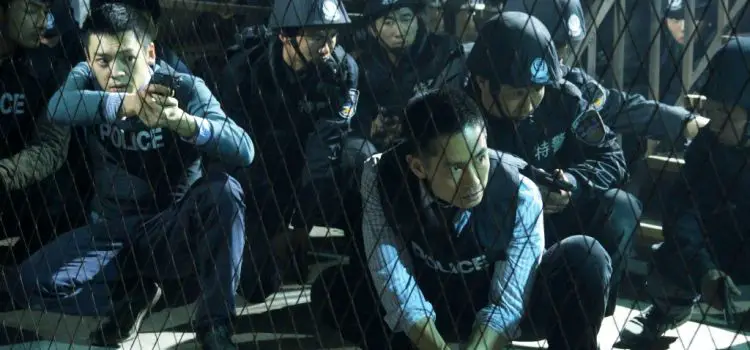
If you look at the films of Hong Kong before and after 1997, there is a striking difference. The action films leading up the nineties were fast-paced, tough, gritty with an edgy quality that paralleled Hollywood’s assembly line modeled studio era. The years surrounding the handover of Hong Kong to mainland China around 1997 proved to be an uncertain time for Hong Kong’s bustling film industry.
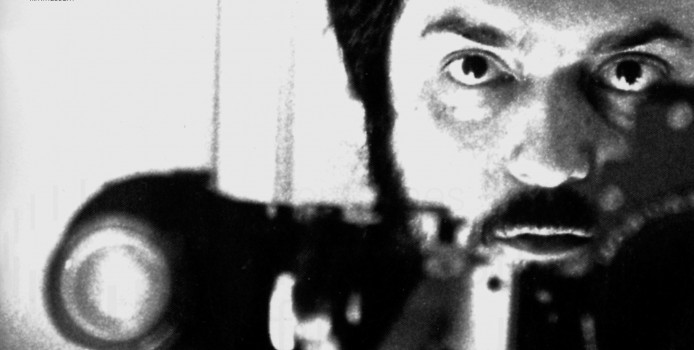
There’s no arguing that if you have even a mild interest in film, you’ve likely heard of Stanley Kubrick. You’ve probably even seen at least one of his films, or, barring that, maybe some of the more famous clips (especially if you’re a film student). So my approach to this “Beginner’s Guide” is to recommend that you forget all that.
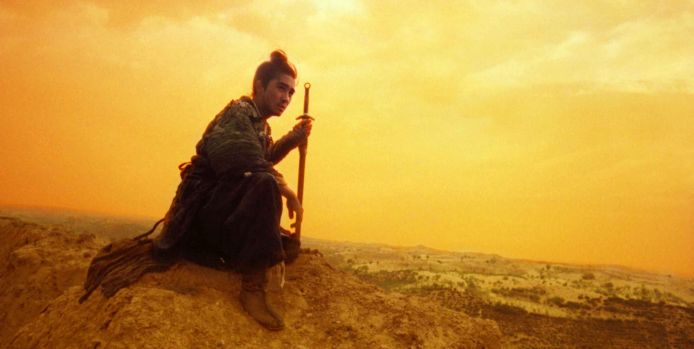
The 1980’s through the years leading up the handover in 1997 were paramount in Hong Kong’s long-running series of action films. They have yielded some of the best titles to have emerged from the crown colony as it was in this era. The very words “Hong Kong” at this point in time stirs up images of hit men wielding two handguns, flying swordsmen, and an endless array of bright neon lights.
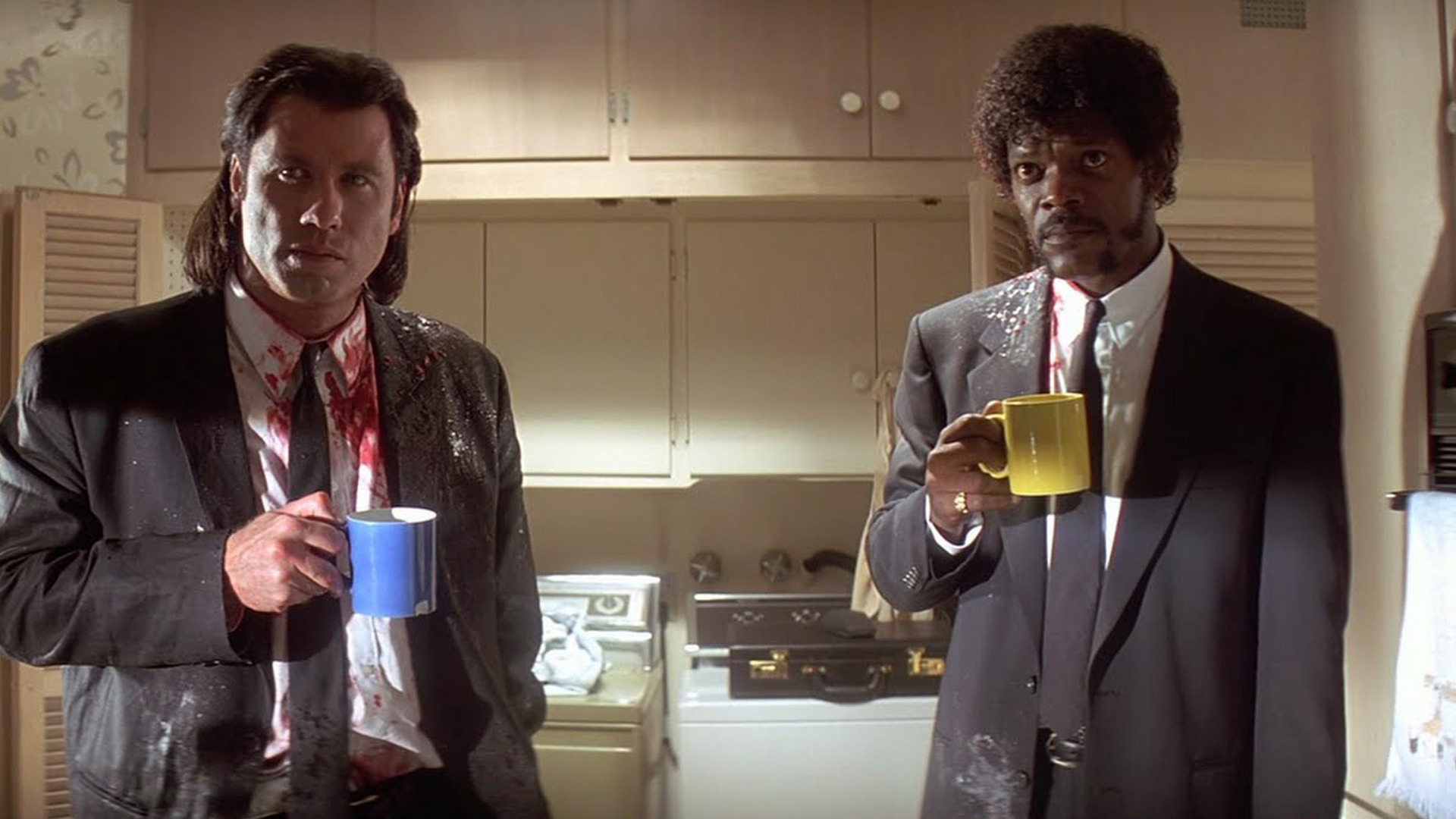
Director Quentin Tarantino has hit our movie screens with violence, gore, action and thrills. His work creates controversy, and it is those controversial aspects that make him stand out as one of the best leading directors in the world of film. With his new film The Hateful Eight scheduled to be released at the end of this year, we cannot wait to see what the quirky director and writer comes up with next.
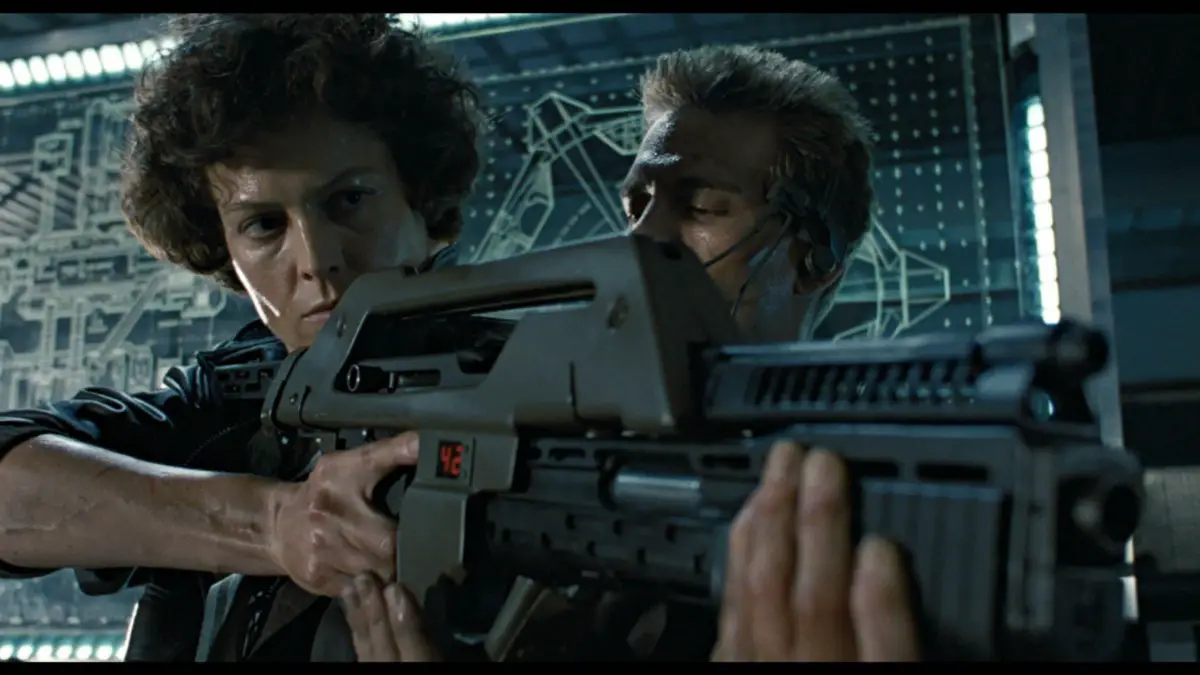
For as long as film has been made, it has been dominated by men, both in its making and on the screen itself. In the beginning we could’ve blamed this inequality on the views of the day. Then we could have blamed it on a societal hangover; views on women as equal to men had only recently changed, and representations hadn’t quite caught up.
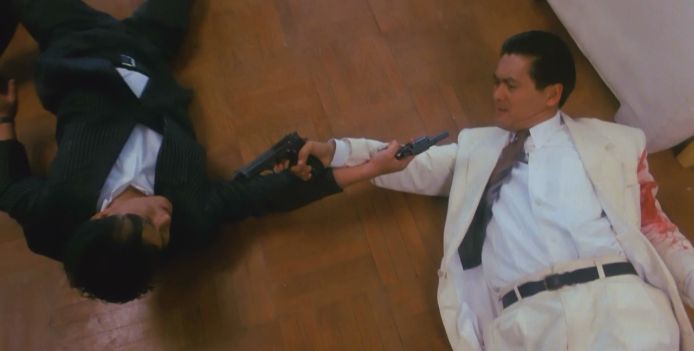
The Hong Kong New Wave of the late 1970’s had diverted, and the benefit of this diversion was the short-lived, but prolific Cinema City in 1980. Founded by comedians Alan Mak and Wong Jin, Cinema City would be the jumping point for some of Hong Kong’s most prestigious directors. John Woo, Ringo Lam, Tsui Hark, Eric Tsang, Ronny Yu, and Johnnie To found their way into the film business through Cinema City; these filmmakers would make some of the most innovative and energetic films ever.
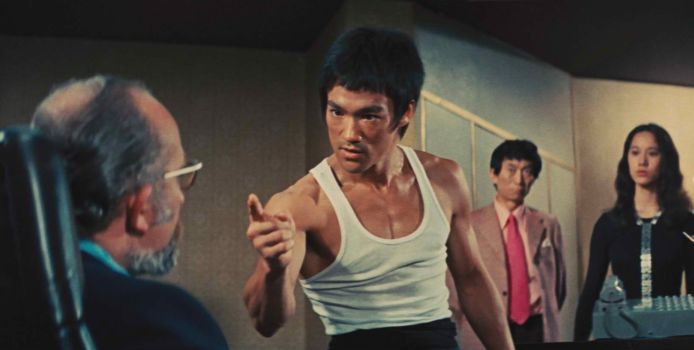
This article is part of a series on the history of Hong Kong action cinema – find the other parts here. The 1960’s and 70’s are probably the most pivotal time regarding the growth of Hong Kong action films. The Martial Arts craze would take shape as the Shaw Brothers become the foremost authority regarding the kung-fu craze that would follow in the wake of their massive quantity of quality movies.
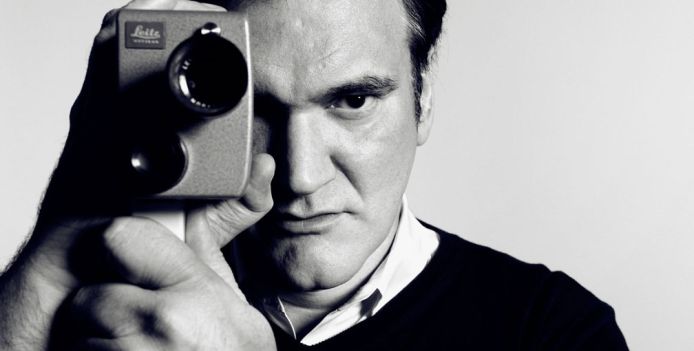
Controversial, unapologetic, and brilliant all at the same time, Quentin Tarantino is one of the most unique directors in film history. Dropping out of high school at age 15 to pursue acting and his love of films by working at a video rental store, Tarantino developed a unique understanding and appreciation for movies that cannot be taught in a formal setting. His films are notorious for gratuitous violence, pop culture references, and extended scenes of dialogue.
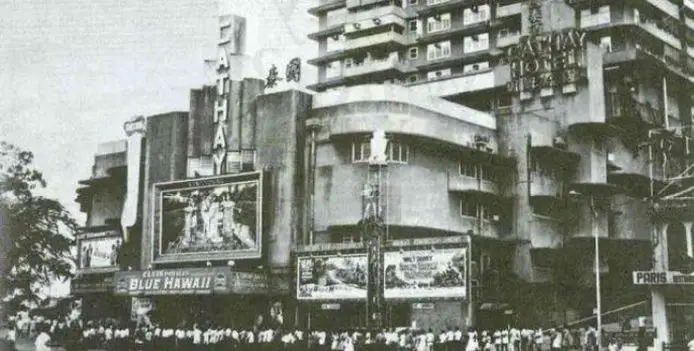
Around the 1930s, Hong Kong was going through a period of change during the devastating war years and Japanese occupation. In this installment of the History of Hong Kong Action Cinema series, we won’t be digging into that many movies, but this time marks a serious change in the blossoming movie business in Hong Kong. As a result the deflation of the Shanghai-based studios and their film crews migration would prove to be a tremendous asset to Hong Kong’s future as one of the leading film markets in years to come.


